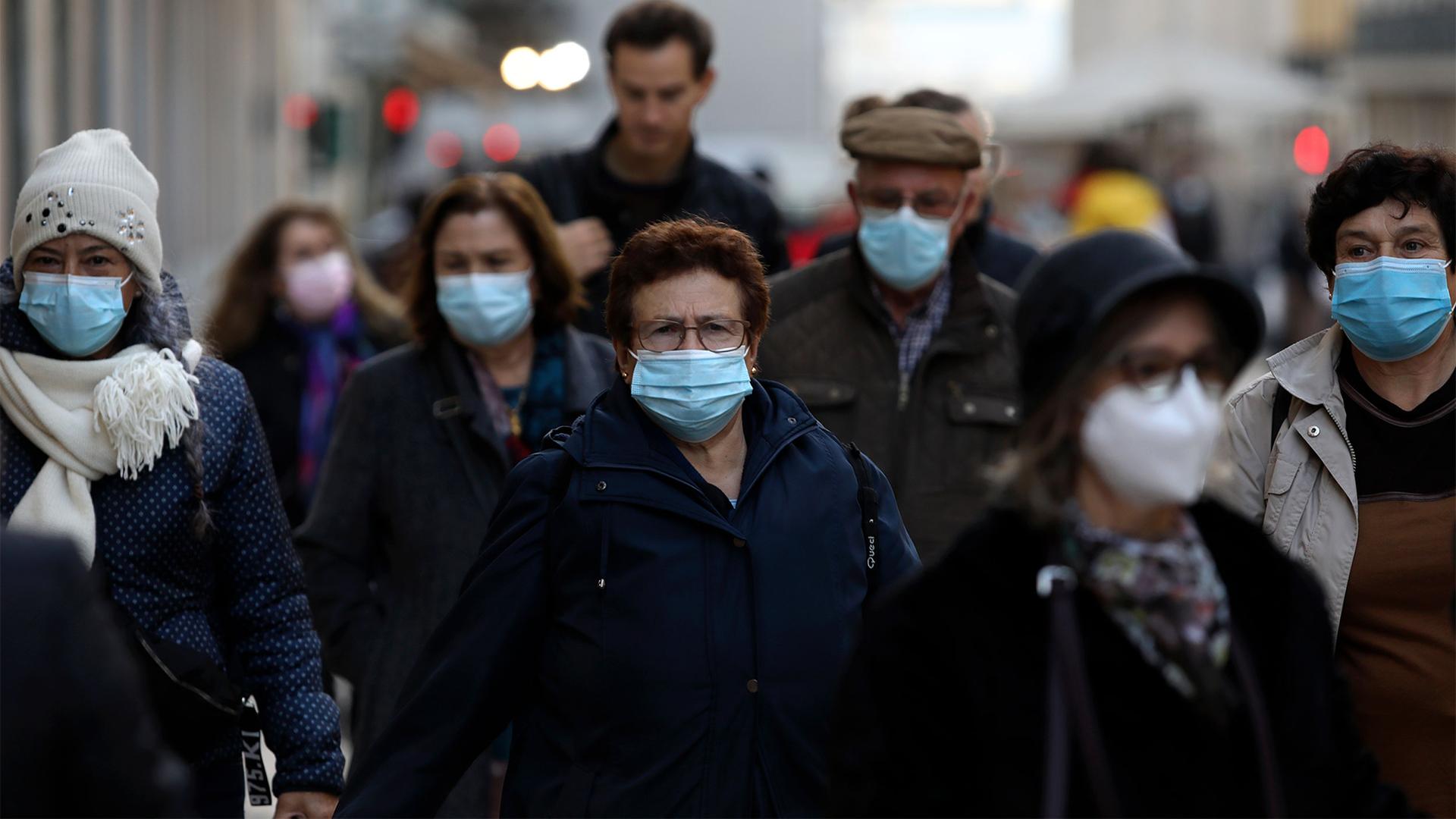As the COVID-19 pandemic continues, a number of variants have emerged, including the latest ones known as delta and omicron.
And on Tuesday, scientists in France identified another potentially worrying new variant with 46 mutations, temporarily naming it “IHU.” So far, at least 12 people have been infected in the south of the country.
So, how common are variants and when do they become a serious cause for concern?
“The WHO actually has rules about when they decide that a new variant is a ‘variant of interest’ or a ‘variant of concern.'”
“The WHO [World Health Organization] actually has rules about when they decide that a new variant is a ‘variant of interest’ or a ‘variant of concern,'” said Emma Hodcroft, an epidemiologist at the University of Bern in Switzerland.
“A variant of interest is the one that’s slightly less worrying. This is something that scientists will monitor closely, and is usually based around the fact that it has some mutations that we think — from previous work or from previous variants — are worrying and that we’re seeing that variant start to spread in other countries…,” she said.
Related: Israeli researchers try to find COVID ‘threshold’ with fourth vaccine dose
But Hodcroft also said that there are hundreds and thousands of SARS-CoV-2 variants. Simply seeing a new combination of mutations is not necessarily a red flag.
Scientists pay close attention to variants that have “an interesting combination of mutations, some of which we’ve seen before and have seemed to be bad news,” she said. But it may or may not actually become a problem.
In the case of IHU, scientists have actually been monitoring it since November. But it hasn’t grown very much, hovering at 20 to 30 known sequences worldwide, compared to the millions of cases seen with other variants.
Hodcroft told The World that many scientists have come together during this pandemic to identify variants.
“Scientists are looking at what those sequences look like, what mutations they have and whether we’re seeing a pattern in how they cluster,” she explained. They will then flag any combination of mutations that seem to be increasing somewhere in the world and will decide together whether or not to monitor it.
Related: Vaccine mandates aren’t new. But do they work?
Some of the flagging is even done through informal channels, such as Twitter, Slack and GitHub.
But official groups like the World Health Organization, the Centers for Disease Control and European Center for Disease Prevention and Control will then implement their own rules when a flagged variant becomes more worrisome.
Hodcroft also suggested that until there is an official statement from one of these groups, it’s better to follow the work of a few accredited scientists rather than falling prey to hype sometimes spread in the media.
“We really do need strong bridges between the media and science so that we can make sure that we’re getting accurate information to people about what they need to worry about and what’s more of a ‘scare-iant’ than a variant,” Holdcroft said.
This interview has been edited and condensed for clarity.Click above to listen to the entire discussion.
Editor’s note: This report reflects the understanding of COVID-19 variants as of the interview date and is subject to change as scenarios evolve quickly.
